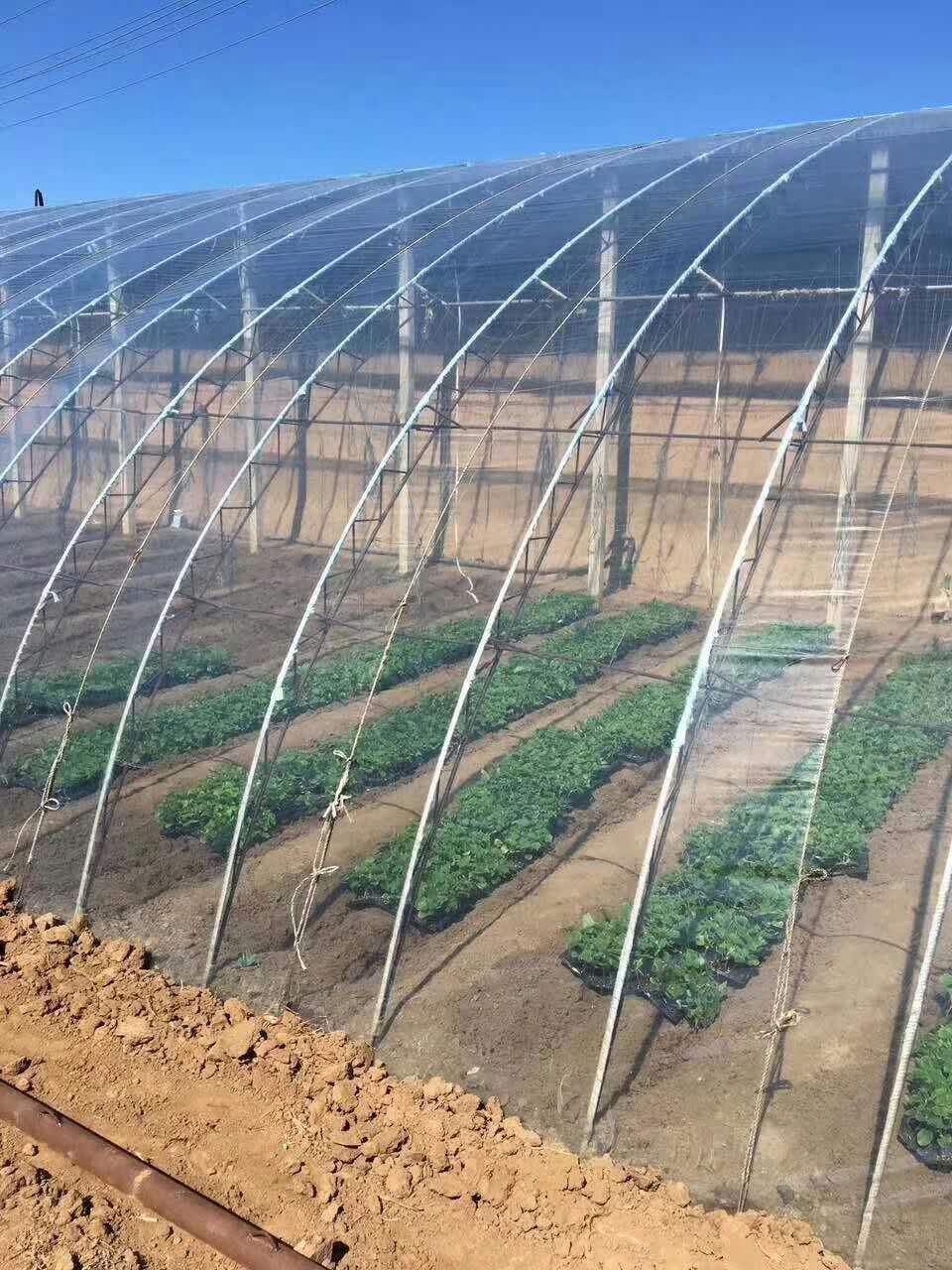mulch biodegradable
Biodegradable mulch represents a revolutionary advancement in sustainable agriculture and gardening practices. This innovative material is designed to provide all the traditional benefits of conventional mulch while offering an environmentally responsible solution that naturally decomposes over time. Made from organic materials such as wood chips, straw, leaves, or specially formulated biodegradable polymers, these mulches effectively regulate soil temperature, conserve moisture, and suppress weed growth. The decomposition process typically spans 3 to 6 months, depending on environmental conditions and material composition. During this period, the mulch gradually breaks down into natural compounds that enrich the soil, contributing valuable organic matter and nutrients. The technology behind biodegradable mulch involves careful material selection and processing to ensure optimal degradation timing that aligns with growing seasons. Advanced formulations include UV-stabilizers for controlled breakdown and organic additives that enhance soil health. These mulches can be applied through standard agricultural equipment and are particularly valuable in large-scale farming operations where manual removal of conventional mulch films would be labor-intensive and costly.


